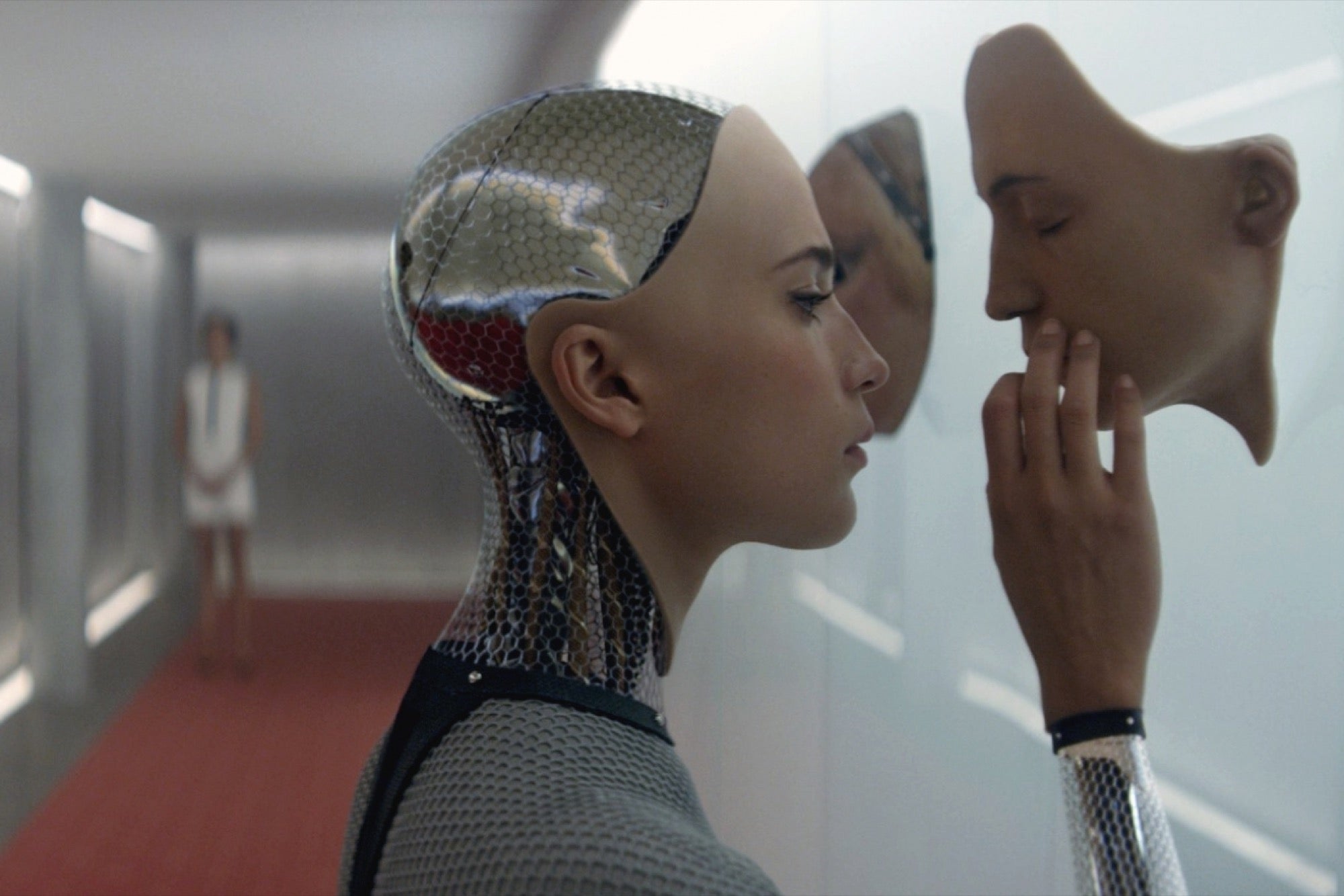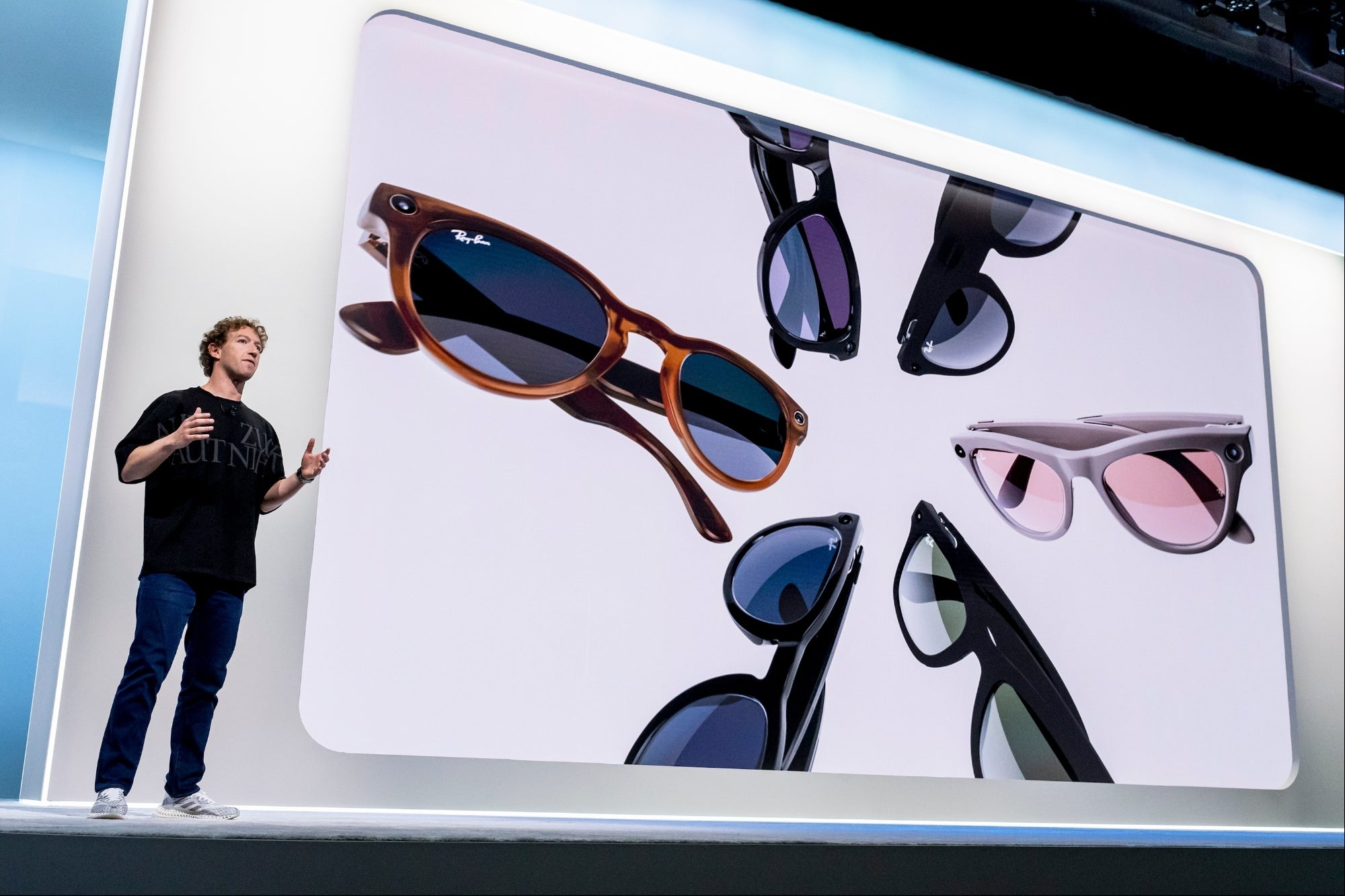Ray Kurzweil: Computers Will Not Rob Us of Our Humanity. They Will Make Us More Profoundly Human. The futurist sat down with Neil deGrasse Tyson to discuss what it means to think and create in a near-future where knowledge and expertise are downloadable.
Opinions expressed by BIZ Experiences contributors are their own.

If visionaries such as Stephen Hawking and Elon Musk are to be believed, artificial intelligence will create a frightening, dystopian future where mortals are at the mercy of their robot overlords.
Futurist Ray Kurzweil, who also happens to be Google's director of engineering, is far more optimistic. In a talk with astrophysicist Neil deGrasse Tyson held Monday night as part of the 7 Days of Genius Festival, he said that the rise of artificial intelligence won't destroy or enslave us -- instead, it will turbocharge our creative humanity.
Related: Elon Musk, Stephen Hawking Warn That AI Military Robots Could Ignite the Next Global Arms Race
Computer intelligence is accelerating at an exponential rate: By 2029, computers will reach the level of human intelligence, predicts Kurzweil. In the 2030s -- June 2033, Kurzweil jokingly estimated -- the human neocortex will be connected to the cloud through nanobots, or mini-computers injected into our brains. (Tyson helpfully likened the sci-fi scenario to the scene in The Matrix, in which Keanu Reeves' Nero learns kung fu by "downloading" the knowledge to his brain in a matter of seconds.)
Such forecasts have the likes of Hawking and Musk worried. As computational power becomes exponentially smaller, faster and more powerful, they predict artificial intelligence will overtake human intelligence, leaving humans vulnerable to attack. Hawking has said that AI could "take off on its own," autonomously improving itself. "Humans, who are limited by slow biological evolution, couldn't compete, and would be superseded," he warned.
Related: The Robots Will Take Our Jobs. Here's Why Futurist Ray Kurzweil Isn't Worried.
Kurzweil, on the other hand, isn't afraid -- instead, he believes humans and artificial intelligence will form a deeply symbiotic relationship. After all, when it comes to consciousness, humor and emotion, computers still lag far behind humans. "It is being funny and expressing a loving sentiment," he said, which is the "cutting edge" of intelligence.
Therefore, in the future, he predicts human emotional intelligence and exponential computing power will combine, to great positive effect. "We create these tools to extend our reach. This allows us to remember all of human knowledge," he said. Computers may increase our intellectual abilities, but only we can supply the emotion, empathy and consciousness to produce creative work.
Related: The One Tip for Success Shared by Ray Kurzweil and Neil deGrasse Tyson
When human intelligence truly merges with computing intelligence, our capacity to create will be dramatically improved, Kurzweil said. Our ability to delve into expression and art will increase. And we will all become more unique and more individual in that process.
Kurzweil's refreshing perspective on the future with artificial intelligence makes this reporter wonder what sort of sonnet a turbocharged Shakespeare would write, what painting an intelligence-enhanced Monet might paint, or what concerto a computer-intelligence supplemented Mozart might compose.
"You can profoundly study and master poetry or music in a deeper way than we can today because we will have more brainpower to apply to it," he said. "We will become more different."










